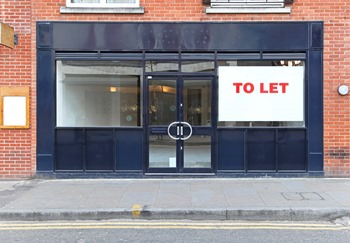 Securing empty property can often feel like a waste of money. There’s nothing inside to steal. However, leaving a commercial property vacant for any length of time can be risky. Whether you are having the property renovated or waiting for new occupants, there are some common risks and security measures that you should be aware of.
Securing empty property can often feel like a waste of money. There’s nothing inside to steal. However, leaving a commercial property vacant for any length of time can be risky. Whether you are having the property renovated or waiting for new occupants, there are some common risks and security measures that you should be aware of.
Here is our guide to securing empty property to ensure your investment remains secure.
1. Reduce Theft
Theft is a main threat for any commercial building left unoccupied. Even if you believe there is nothing to take as the building is empty, there are still many valuable items that thieves tend to target from commercial buildings. Stealing metal-based items for scrap is popular with thieves as lead from roofs, aluminium from heating ducts or copper from wiring can be valuable. Even radiators are regularly stolen as they are often easy to remove from the wall and can be sold on for a good price. Opportunist thieves will not be deterred by a building with little content.
It is not just the stolen materials that commercial property owners need to be concerned about. The theft of these items can lead to damage of the building which will lead to additional costs and potentially more severe issues in the future. For example, removing piping and radiators can lead to leaks, water damage or even pest problems whereas removing the lead from roofs can leave holes in the roof which again could lead to water damage or weather damage. Anything removed from the electrics will also increase the risk of gas leaks or risk of fire.
Although the level of metal theft is decreasing due to legislation updates making it more difficult to sell on metal, it is still a real concern property owners need to be aware of when securing empty property.
2. Stop Arson
Arson is dangerous as not only can it cause significant damage to your property, it can lead to others getting injured as well, especially if there are flammable materials still in the building. It can also quickly spread to surrounding properties and impact other businesses.
If a fire broke out and somebody was injured there may be an investigation into the landlord’s negligence.
Fire should be a concern for any owner looking into securing their empty property.
3. Stop Anti-Social Behaviour
Individuals sometimes break into vacant properties in order to deliberately vandalise the building through graffiti. Although it is relatively easy and cheap to remove it, it doesn’t give off a good image and can lead to other forms of antisocial behaviour. It can also encourage more people to graffiti if some is already visible as it shows that the building is accessible.
Unfortunately, empty commercial buildings can tempt people to use them for a range of anti-social behaviours. From drug use to a temporary toilet, fly-tipping or even dogfighting, the list goes on. Activities like these can quickly cause damage to your property but also impact the surrounding environment and buildings. It can even lead to significant health hazards that you need to be conscious of. Although it is not you that has caused any mess, you will be liable to ensure it is cleaned.
4. Puts an End to Squatting
The law changed in 2012 for squatters of residential properties which made squatting illegal. However, the same rules do not apply for commercial properties. Squatters are defined as people who occupy a property without permission. It remains illegal for people to break into a building, however, if squatters have managed to access the vacant building without causing damage to do so, you will be faced with an even bigger problem. Police can only intervene if damage has occurred.
It is possible to get squatters evicted; however, the process is time-consuming and expensive. In order for it to be done, you would have to go through the civil court system, not the criminal court. This process can be extremely drawn out. During this time, the squatters could be causing damage to your property.
Also consider the land around your property. Illegal occupation can also apply to any land that you own. Some business owners have found travellers on their property.
5. Attract New Business
Having a well-secured commercial property improves the professional appearance. High-security levels can lead to a higher interest in your property. Having a property with broken windows, clear structural damage or graffiti will deter potential tenants.
6. Switch Off Your Utilities
Protect your business by removing anything of potential value. Switch off your gas, electricity and water when the property becomes vacant. This can limit the risk of fires or leaks. Also, prevent access through doors, windows and roofs using boarding. Consider having physical security patrol the building as well as gates and barriers. The more deterrents you implement the better. Plus, having physical security measures as well as CCTV can make a vacant building appear occupied which will be a physical deterrent.
7. Secure all Entry Points to Your Building
To reduce the risk of arson consider boarding up the building with steel screens rather than timber boarding which is flammable.
As a commercial property owner, you have a Duty of Care for anyone entering your property, regardless if you invited them or not. Any injury a person may incur whilst on your property will be your responsibility and increase your liability.
Be proactive as much as possible. Assessing your situation and gain specialist advice.
8. Consider Installing Access Control Systems as an Added Layer of Security
Undertake a health and safety and risk inspection by a professional to gain a full understanding of the risks you need to avoid. Inspect your property on a regular basis. Insurance companies will often want you to check your property at least once a week.
9. Use Perimeter Security around your Plot of Land
Ensure unauthorised vehicles do not access your land by implementing flow plates, barriers or bollards.
Although there will be a cost to protecting an securing empty property, the potential cost saving could be significant. It also gives you the peace of mind that your investment remains as secure as possible at all times.
To find out more about how to protect empty commercial property with physical security, please contact us on 01522 682255 for a free, no-obligation quotation and feasibility survey to assess your perimeter security equipment.


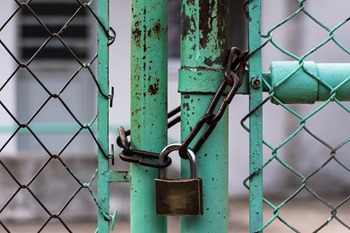
 Many businesses such as offices, schools and factories are are shut between Christmas and New Year. Although this break is much appreciated by employees, business managers need to ensure that security is up to scratch as it is often during this quiet period that criminals target business premises, they believe to be unoccupied.
Many businesses such as offices, schools and factories are are shut between Christmas and New Year. Although this break is much appreciated by employees, business managers need to ensure that security is up to scratch as it is often during this quiet period that criminals target business premises, they believe to be unoccupied.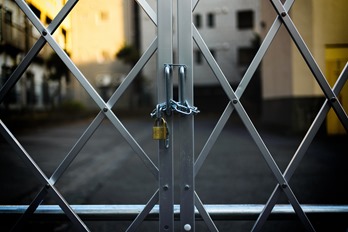
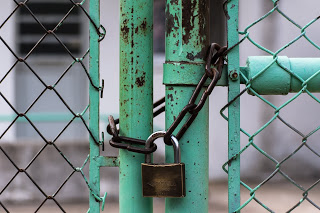

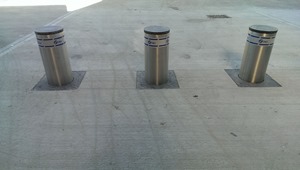

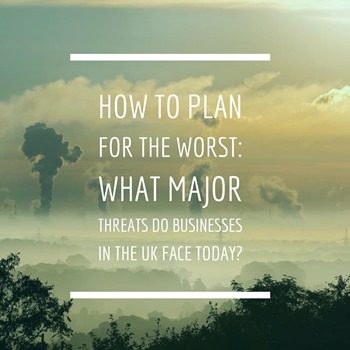
Recent Comments